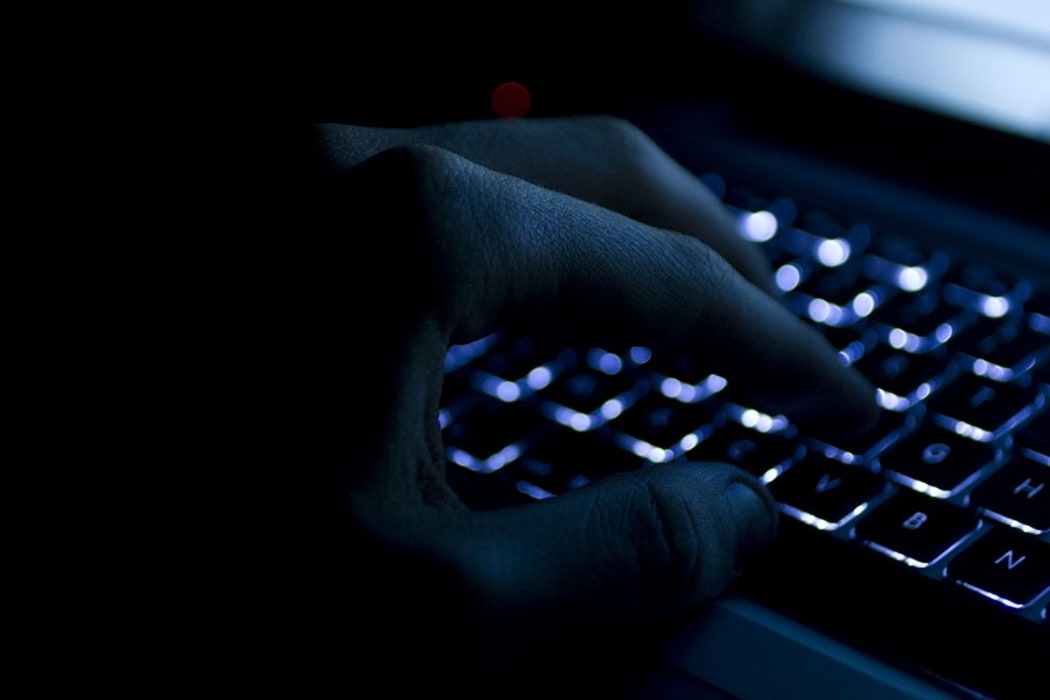“I’m from the Lotteries Board. And because you have a clean criminal record, you’re in the draw for a grant of up to $10,000 to put towards a charity of your choice. All you have to do is send me your account details plus deposit $100 – that’s a service fee – into my account to be eligible for the ballot.”

Photo: Flickr user Thomas Heylen / CC BY-NC-ND 2.0
Sound familiar?
Mark Hollingsworth is the Manager of Consumer Protection at Ministry of Business, Innovation and Employment. He talks with Bryan Crump about how to avoid common scams and what to do if you do get tricked.
Interview highlights
Bryan Crump: Who are the scammers?
Mark Hollingsworth: That’s a good question. What we do know is that they are many, they are pretty sophisticated, they’re worldwide, they operate through multiple channels.
How much is online now?
Online is a big channel for scams and obviously it’s grown as the internet has grown. But it’s probably fair to say we certainly still see significant reports of postal scams and cold-calling scams. One thing increasing at the moment is an increase in these lottery-style scratchie cards.
Scratchie cards – how do they work?
An envelope arrives in the letterbox. It contains a nice glossy brochure and two scratchie cards. It’s always two – one wins and one loses. And people usually find they’ve won second prize – something like $165,000, $175,000 bucks. The fraudsters really rely on you getting in touch to claim a prize. Sadly, it’s not obvious to everybody that this is a scam – winning second prize in a lottery that you didn’t enter.
If it’s a postal scam is it more like to be based in New Zealand?
No, the particular one we’re seeing at the moment we know is based in Malaysia, often from so-called travel companies like the Seven Magic Tour, Amigo Vacation, Solaris Expo Travel. We know the significant majority of these are overseas scams.
How are they so good at hiding themselves, hiding their location?
It’s a good question. Obviously they’re not legal entities, they’re not registered businesses. They’re individuals who choose to run scams from literally hidden locations overseas. There’s just no registration of them. They’re invisible.
The thing with scams, they change how they’re presented, but the important thing for people listening, it’s the shape of the scam that doesn’t actually change – getting the call out of the blue that you’re entitled to some sort of payment - but it requires you sending a payment to unlock the payment. It’s the call out of the blue, the promise of a windfall that needs to be unlocked with a payment – they’re the tells it’s important for people to be mindful of.
Do we have any idea how much money has been scammed off New Zealanders every year?
What we do know is it’s significant. In May alone we know that over $1.8 million in losses was reported to a partner organisation NetSafe. But that’s only to NetSafe and that’s only people who report it.
Scammers seem to often use guilt – somebody’s sense that they may be responsible – to try and get them to part with their money.
Guilt and trust are two of the emotions that a lot of scams really play on. I know this message is put out there a lot – but it also pays to reinforce that banks, corporate businesses, government departments – for example, Immigration New Zealand, Inland Revenue – they don’t email, call or text customers to ask for money or pay fines. They just don’t do that. It’s really about encouraging people to raise a red flag within themselves and ask ‘Is this right?’ Contact the company directly, don’t just pay it.
What about online dating scams?
They take a long, long time and they build up a lot of trust with people who think they’re building a genuine personal relationship. That’s where it becomes particularly difficult to inform people that this is a scam. I’ve been aware of some instances of even the police being around at somebody’s house informing them ‘this is a scam’ and they just don’t believe it because the scammer has done such a job to connect emotionally.
What hope do we have of catching up with the scammers? Is the best hope that we protect ourselves?
That’s certainly an action everybody can take – to be aware of those red flags. That’s what consumers can do for themselves but government agencies are trying to stay one step ahead of the scams, too.
It is incredible the many ways that scammers can access your details. We hear reports of customer databases being stolen, released and sold. There is a reasonable amount of information it can be possible to find out through social media. Ultimately, it is about really taking care of your personal information because it can be used for fraudulent purposes, it can be used to scam you. In those situations it is important not to do nothing – change your password, cancel accounts, inform your bank you may be at risk of your personal details defrauded somewhere. Do report it even if you’re not necessarily the victim of a scam.
It seems to me like common sense, but what are the things you advise people to watch for?
We definitely say contact out of the blue – especially a business you may not be dealing with, a product or service you may not have purchased – these things should be raising red flags. Always remember that banks, corporate businesses, government departments, they don’t call or text or ask you to make a direct payment.
If it seems too good to be true…?
..it probably is, absolutely.

